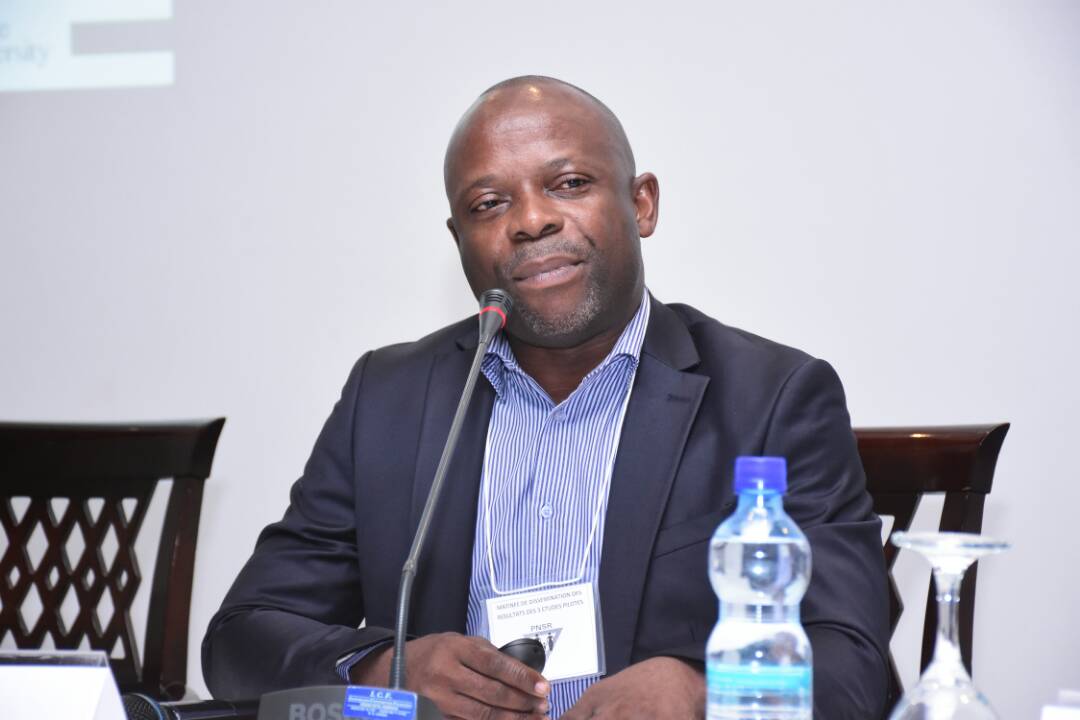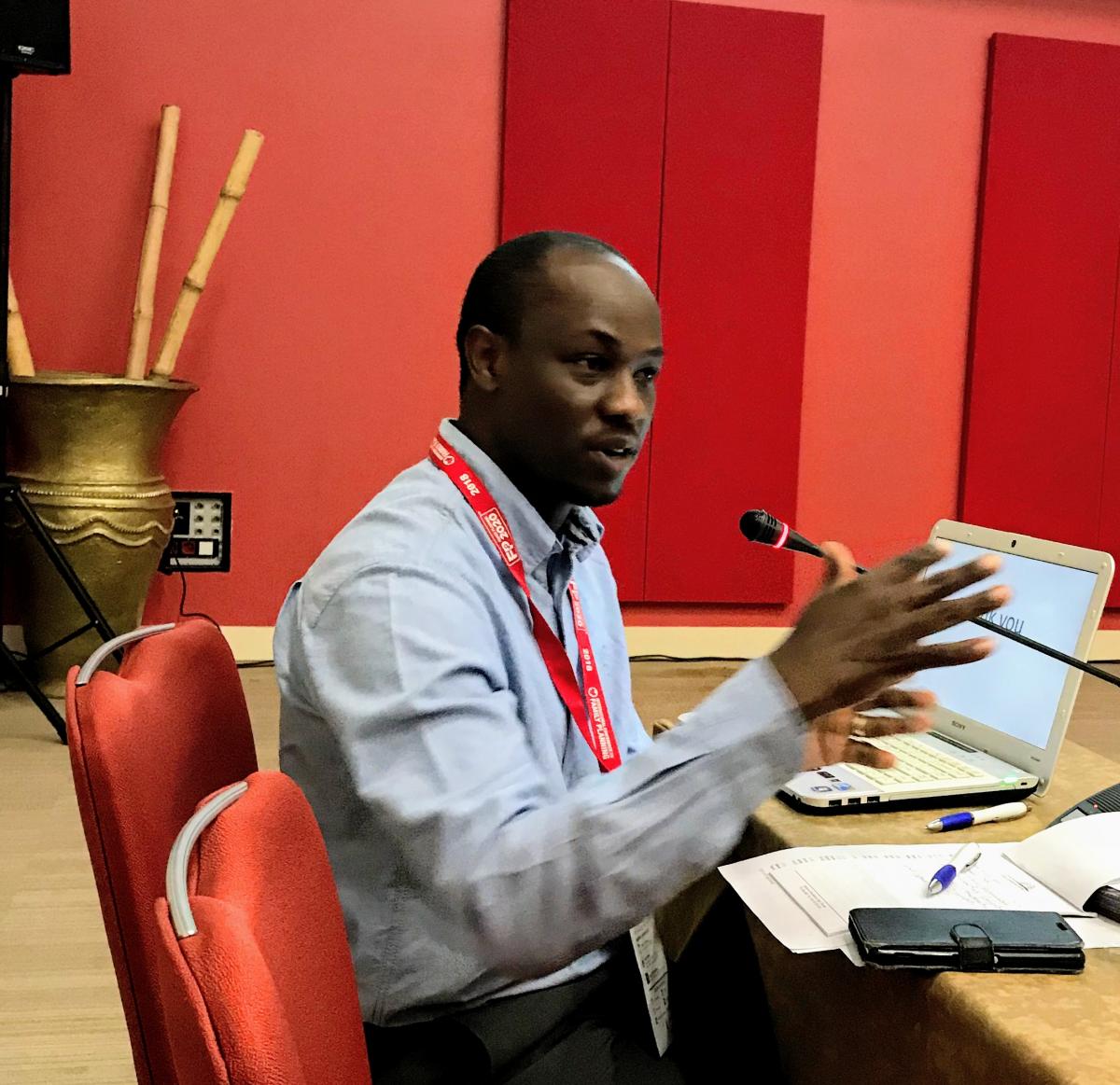First Cohort of IUSSP Early Career Research Fellows on Urban FPCongratulations to the four fellows who were recently selected to carry out research on Family Planning, Fertility and Urban Development as part of an IUSSP project funded by the Bill and Melinda Gates Foundation. The fellows are the first cohort to begin research. They were selected by the IUSSP Scientific Panel on Family Planning, Fertility, and Urban Development following a workshop organized before the International Conference on Family Planning in Kigali, Rwanda in November 2017 where 11 shortlisted candidates were invited to present their research. Below is a short biography of each fellow with a description of their project.
For those interested in applying to the second round of fellowships, the website to submit applications is now open. The second-round application process includes two stages: a concept note of 600 words is due 15 April and will be rapidly reviewed in April. Authors of promising projects will be invited to submit a full application, which is due 1 July.
This is an excellent opportunity for early career researchers working in Africa and South Asia to focus on policy relevant research, build on their publications, and establish research networks with scholars and policy makers working on urban family planning issues. In addition to funding research, the project provides mentoring for their research and future publications, funds to support travel to present research at international conferences, and training to better promote policy-relevant research results to policy makers. To learn more about this opportunity and access the on-line application form please visit the website at https://iussp.org/en/call-research-proposals.
Meet the researchersDr. Pierre Akilimali, University of Kinshasa on “Understanding the heterogeneity of family planning outcomes among urban population in Kinshasa, DR Congo”
His research will examine heterogeneity in family planning outcomes for population subgroups in the urban slums of Kinshasa. Kinshasa is a “megacity” and one of the most rapidly growing urban areas on the African continent. Urban population growth due to both high fertility and migration puts pressure on local governments to care for an increasing number of people. Migrants to Kinshasa from rural areas often settle in urban slums without access to social infrastructure, roads or sanitation. Little is known about the heterogeneity of family planning (FP) outcomes such as fertility preferences, FP use and unwanted pregnancies for this population.
Using secondary data from 7th round of PMA2020 DRC and Momentum qualitative data the study will address the following questions: Is slum residence more strongly linked to FP outcomes for young women than for older women? Does FP service readiness mediate the association between slum residence and FP outcomes?
The results of this research have the potential to assist urban planners and policy makers to better address FP outcomes and population growth challenges in urban Kinshasa.
Dr. Alexandre Delamou, Gamal Abdel Nasser University of Conakry and Maferinyah Training and Research Centre in Rural Health, Guinea on “Understanding Barriers and Enablers to Family Planning Use Among Urban Adolescents and Youth in Conakry, Guinea”
His research project focuses on urban adolescent and youth access to modern contraception in Conakry, Guinea with the aim of providing baseline information that can be used for planning and implementing urban adolescent and youth-focused contraceptive access and use interventions.
The study will include an analysis of secondary data from the 2012 and 2018 Guinean Demographic and Health Surveys complemented by primary data collection including interviews with at least 150 health providers from public and private health sectors and a qualitative study of adolescents, youths and stakeholders such as managers and parents.
The research seeks to answer the following questions: 1) What is the trend in modern contraceptive use among urban adolescents and youth from 2012 to 2018? 2) What are urban adolescents’ and youth preferences for contraceptive methods? 3) What are the contextual influences on urban adolescents and youth contraceptive access and use? and 4) What are the barriers and enablers to adoption of contraceptive methods among sexually active urban adolescents and youth in Conakry, Guinea?
He hopes his research will result in recommendations to improve the provision of contraceptive counselling and methods for urban adolescents and youth in Guinea.
Dr. Nkechi Owoo, University of Ghana on “Assessing the Effect of Fertility on Household Food Security and Child Malnutrition Outcomes in Urban Nigeria”
Dr. Moses Tetui, Makerere University on “The urban family planning health service system land scape: providers and poor residents’ perceptions in an intermediate sized urban center in Uganda”
|

 Dr. Pierre Akilimali is Associate Professor of Public Health at the University of Kinshasa. A medical doctor by training, he received a PhD in Public Health from the University of Kinshasa in 2017.
Dr. Pierre Akilimali is Associate Professor of Public Health at the University of Kinshasa. A medical doctor by training, he received a PhD in Public Health from the University of Kinshasa in 2017.  Dr. Alexandre Delamou is Associate Professor of Public Health at the Gamal Abdel Nasser University of Conakry and head of the research unit at the Centre National de Formation et de Recherche en Santé Rurale de Maferinyah. He is a medical doctor by training, earning a PhD in Public Health from the Ecole de Santé Publique, Université Libre de Bruxelles in 2018.
Dr. Alexandre Delamou is Associate Professor of Public Health at the Gamal Abdel Nasser University of Conakry and head of the research unit at the Centre National de Formation et de Recherche en Santé Rurale de Maferinyah. He is a medical doctor by training, earning a PhD in Public Health from the Ecole de Santé Publique, Université Libre de Bruxelles in 2018.  Dr. Nkechi S. Owoo is a Senior Lecturer at the Department of Economics at the University of Ghana. Dr Owoo earned her PhD in 2012 in economics from Clark University, USA. She has a specialization in spatial econometrics and her research focuses on microeconomic issues in developing countries, such as demographics, health, gender and labour economics.
Dr. Nkechi S. Owoo is a Senior Lecturer at the Department of Economics at the University of Ghana. Dr Owoo earned her PhD in 2012 in economics from Clark University, USA. She has a specialization in spatial econometrics and her research focuses on microeconomic issues in developing countries, such as demographics, health, gender and labour economics.  Dr. Moses Tetui is Senior Research Fellow at Makerere University School of Public Health, Uganda. He received his PhD in Public Health from Umea University, Sweden in 2018.
Dr. Moses Tetui is Senior Research Fellow at Makerere University School of Public Health, Uganda. He received his PhD in Public Health from Umea University, Sweden in 2018.